U.S. Should Restore Venezuelan Democracy
The United States should intervene to ensure that Juan Guaido, Venezuela’s legitimate leader, gains control of the country. (Courtesy of Flickr)
February 6, 2019
By Timothy Kyle
Human trafficking. Narco-terrorism. A refugee crisis unlike any seen in the western hemisphere before. These are just some of the consequences that could ensue should the collapse of Venezuela be allowed to continue without U.S. intervention.
As the oil-rich socialist paradise rapidly begins to destabilize, all options must be on the table to prevent a humanitarian disaster of catastrophic proportions and to bar countries like Russia and China from creating a puppet state in the western hemisphere. Increased sanctions, diplomatic pressure and even military action should all be considered carefully as methods to remove President Nicolás Maduro.
Before addressing solutions, it is important to understand how what was once the wealthiest nation in South America reached such a critical point.
The Venezuelan crisis and the immense suffering of the Venezuelan people are rooted in the disastrous socialist economic policies of Maduro and his predecessor, Hugo Chavez, called “Chavismo.”
Chavismo is a particularly aggressive form of left-wing populist nationalism, calling for a completely centralized economy, price control and abolition of private ownership of business.
Venezuela’s woes started in 2005, when the government nationalized all of the country’s oil concerns. Venezuela sits atop the world’s largest proven oil reserves, and the extremely high price of oil helped pay for the social policies espoused by the socialist movement.
However, even while oil prices were high, Venezuela faced financial disaster. When the bottom dropped out of the oil market, the Venezuelan government finally had a reckoning with the results of its policies. In an attempt to pay their enormous debt, the government printed more currency, causing Venezuela’s inflation rate to rise to over 30,000 percent.
You read that right: 30,000 percent. As supplies of basic goods, like toilet paper, began to run out and money became worthless, unrest increased, leading to mass protests and riots. In response, the Maduro government tightened its fist, relying on police and military support.
Most western nations and Venezuela’s neighbors have recognized Guiadó as the legitimate president. Only a few fellow authoritarian states have continued to support Maduro: Russia, China, Iran, Turkey and a few others. It is imperative that the United States acts quickly in concert with our allies and regional partners to solve the crisis.
The first option is expanding the current sanctions on key Maduro administration officials and those accused of human rights abuses or corruption. This would involve recruitng our allies who recognize Guiado as president but haven’t yet applied sanctions to Maduro’s administration to participate would increase the effectiveness of this strategy.
Harsher sanctions should be imposed on those who have already been targeted. Sanctioning generals and other military leaders might increase pressure on the military, which remains solidly pro-Maduro, and perhaps incite defections or even a coup.
However, the U.S. should not issue an embargo on Venezuelan oil. This will only increase the suffering of the Venezuelan people and perhaps unite them against the West. Sanctions, and sanctions alone, should be the United States’ first line of attack against Maduro.
The second option is diplomatic pressure in the UN and elsewhere. However, given the diplomatic clout of Maduro allies like Russia and China, this is the option with the highest chance of failure, at least on its own. It is unlikely that Maduro will cave to international pressure with such strong supporters.
Negotiations are doomed to fail if Maduro feels that he has an advantage – and as of right now he does, with the loyalty of the military and the funds and troops his international allies are willing to provide.
The final option is military intervention. This is, of course, the most extreme option and should only be used if the crisis worsens significantly or if Maduro’s international allies show more than just an indication that they will materially and militarily support his dictatorial regime.
In a region with a troubled history of U.S. intervention, any military action would require precision, a clear goal and, more importantly, international support and cooperation.
Above all, it is important the U.S. leaves quickly and cleanly, and leaves the Venezuelan people be. The U.S. cannot and should not get bogged down in peacekeeping and nation building, and we don’t have to – we’ve successfully implemented this same strategy before with the toppling of the Noriega narco-state in 1989.
In the same vein, any military intervention would be for the express purpose of removing Maduro from power and allowing Venezuela to hold the elections Guiadó has promised, should he become president.
As the crisis deepens and continues to become more and more international, it is important for U.S. policymakers to keep their options open. Though purely economic action – on regime officials only – is preferable, military intervention by a coalition of allies in order to remove Maduro and restore stability to Venezuela should also remain an option.
Either way, the U.S. must take action quickly, as the collapse of Venezuela could not only trigger a humanitarian disaster, but also a power vacuum that would allow enemies of the United States to establish a foothold in the Western Hemisphere.
Timothy Kyle, FCRH ’21, is a political science major from West Hartford, Connecticut.


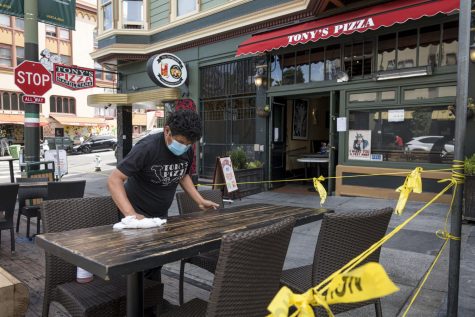

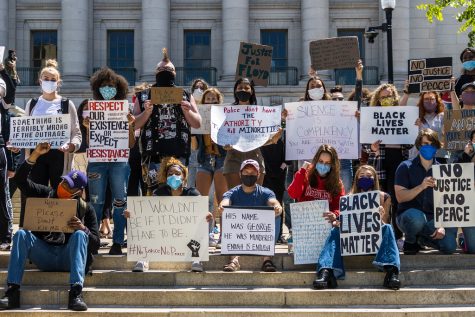
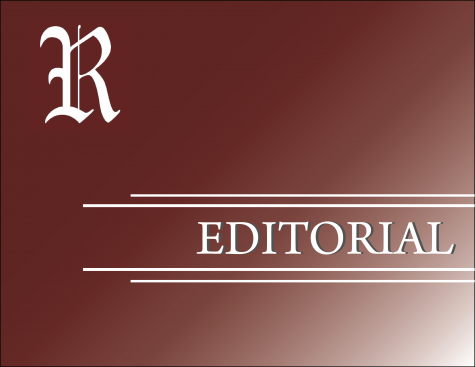
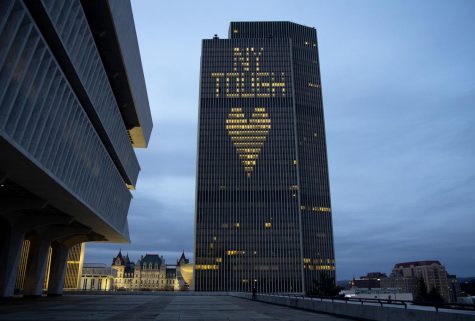
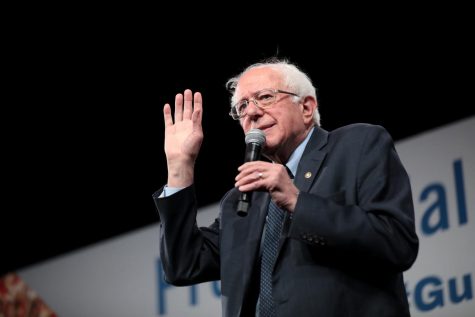
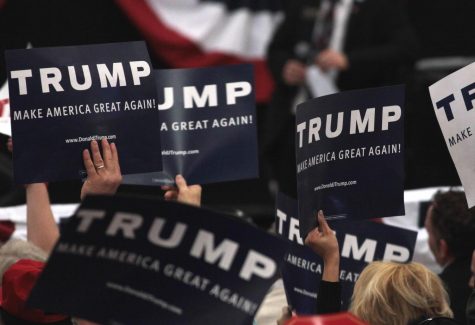

If you want a picture to show with your comment, go get a gravatar.